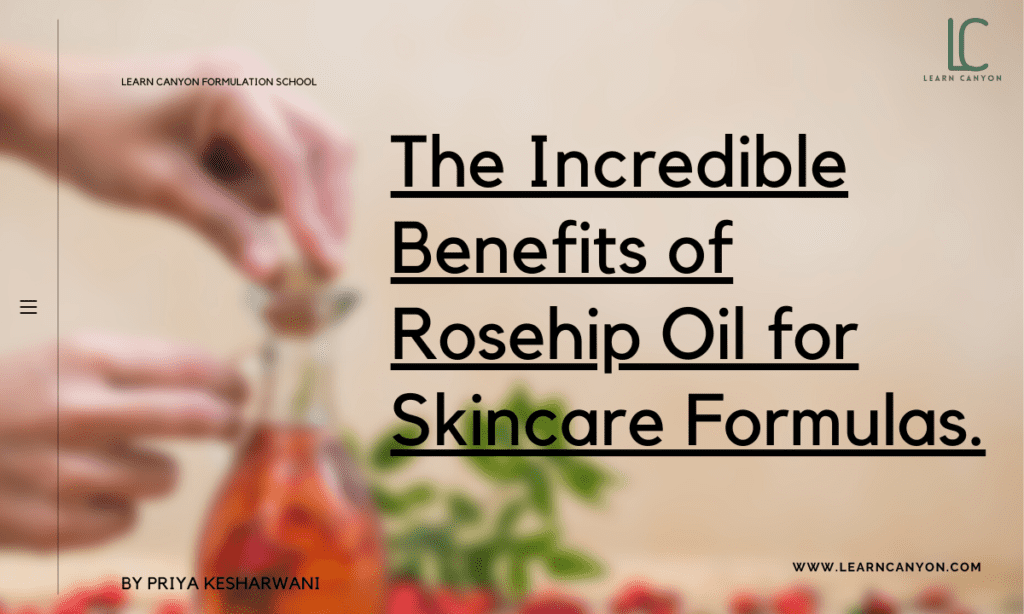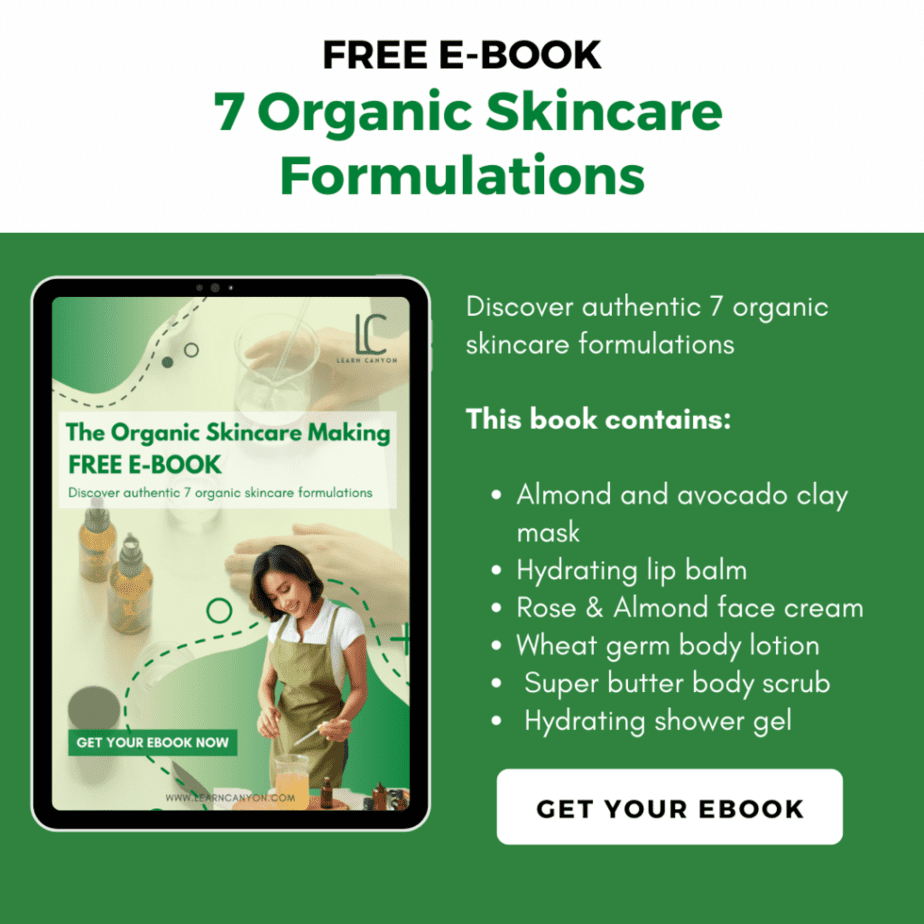
Rosehip

Rosehip oil is beneficial to the skin. But, How?
You may have heard about rosehip oil for skin, or rosehip seed oil as it is also known, but you may not have known much about it.
Rosehip oil has been used as part of a daily, natural skin care routine since the time of the ancient Egyptians, and it contains nearly every nourishing, anti-aging skin care element you can think of. It’s one of those beauty products that has been right under your nose for years, and once you learn about all of its uses and advantages, you’ll kick yourself for not trying it sooner!
What is Rosehip oil?
Rosehip oil (also known as rosehip seed oil) is extracted from the seeds of the rosa canina plant and should not be confused with rose oil, which is extracted from rose petals. Rosehip oil, unlike rose water, is extracted from the rose plant’s fruit, or rosehip, rather than the pressed petals.
At the base of the petals, there’s a cherry tomato-looking bulb. Because it isn’t derived from the actual flower, it has a woodsy, earthy aroma, whereas rose water has a more floral aroma. Rosehips, also known as rosa canina, are primarily harvested in the late summer and early fall and then pressed for their essential oils. They are mostly found in Chile, Argentina, and Southern Africa’s mountains.
| What is it? | Rosehip seed oil is extracted from the seeds of the rosehip plant (Rosa Canina). It's also known as Dog Rose. Linoleic and -linolenic acids make up the majority of it. Refined oil has been subjected to mechanical processes in order to remove undesirable odours and colours, implying that it is devoid of essential nutrients. Rosehip oil that has not been refined should be cold-pressed, pure, and natural. |
|---|---|
| INCI | Rosa canina fruit oil |
| Appearance | Rosehip oil is a light yellow liquid that has been refined. Rosehip oil that has been cold-pressed and unrefined has a brighter orange-yellow colour. |
| Texture | Thin and smooth. |
| Recommended Usage | Up to 100% |
| Solubility | Oil soluble |
| Melting point | NA |
| Boiling point | NA |
| pH | NA |
| Aroma | Rosehip oil that has been refined has a faint greasy aroma that isn't overpowering. The aroma of unrefined rosehip oil is similar to that of citrus iced tea. |
| Why do we include it in formulations? | Rosehip oil is high in antioxidants and vital fatty acids. |
| How to work with it? | If possible, use rosehip oil in the oil phases of formulations and avoid boiling it.. |
| Applications | Rosehip oil is a luxurious emollient with a fast absorption rate that makes it ideal for lightening oil mixtures. |
| Absorption rate | Rosehip oil absorbs quickly and leaves the skin feeling dry to the touch. |
| Strength | High concentration of linoleic and -linolenic acids, fast absorption speed |
| Weaknesses | Rosehip oil is a premium carrier oil that costs a lot of money. |
| Substitution | Hazelnut oil, Camellia Seed Oil or Olive Squalane |
| How to store it? | Stored in a cool, dark and dry place. |
| Shelf life | The shelf life of rosehip oil should be at least a year. |
| Type of ingredient | Oil, Occlusive |
|---|---|
| Main benefits | It's high in fatty acids, which help hydrate skin and provide a protective barrier that keeps moisture in. |
| Who should use it | Rosehip oil is non-comedogenic, which means it won't clog pores. It's ideal for acne-prone skin, but it's also excellent for other skin types. |
| How often can you use it? | It's perfectly okay to use it twice a day, in the morning and at night. |
| Works well with | Rosehip oil is a versatile ingredient that may be used in a variety of products. |
| Doesn't work with | Because rosehip oil is strong in vitamin A, it's important to use caution when using retinoid. |
| How to use | If possible, use rosehip oil in the oil phases of formulations and avoid boiling it. |
Mechanisms of action
Rosehip oil absorbs fast into the skin, thus it is unlikely to clog pores. As a result, it’s an excellent washing oil for oily or acne-prone skin. Additionally, rosehip oil includes retinoids, which may aid in the reduction of acne scarring.
Rosehip oil’s high fatty acid content makes it an ideal choice for moisturising dry, irritated skin. The oil is also easily absorbed by the skin, allowing the antioxidants to penetrate deep into the layers of the skin.
Benefits of Rosehip oil
- Rosehip oil is an excellent hydrator.
After just a few days of applying rosehip oil, your skin will feel like a newborn dog. Why? Fatty acids, which help your skin develop a water-resistant barrier, are abundant in rosehips. Rosehip oil enters the skin rather than sitting on top of it, as many high-end oils do.
- Rosehip oil is used to help scars disappear in appearance.
Guess what else fatty acids do? Scars from acne, chicken pox, pregnancy stretch marks, weight loss, and other causes can all be helped with rosehip oil.
- Anti-aging properties of rosehip oil.
Rosehip oil is high in fatty acids and antioxidants such as beta-carotene. These are skin-rejuvenating substances. To put it another way, they aid in the reduction of wrinkles and fine lines. Use it for that reason alone!
- Rosehip oil evens out skin tone.
There are a few beauty unicorns on the earth with flawless, even skin tone all over, but for the rest of us, uneven skin tone is a major issue that necessitates the use of a rather heavy foundation. Vitamin C-rich rosehip oil for skin helps to level out skin tone.
- Rosehip oil is wonderful for your cuticles.
Rosehip oil will not only nourish your cuticles, but it will also aid in nail growth, so try using a little rosehip oil directly on your cuticles and nail bed the next time you give yourself an at-home manicure. We’re confident they’ll look better and be less prone to breakage.
- Rosehip oil reduces the appearance of dark spots.
Even if you apply SPF every day, carry an umbrella with you, and wear a sunhat even in the dead of winter, you can still get sunburned. Most people develop dark spots as a result of exposure to the sun and the passage of time, particularly around their hands and faces. Rosehip oil contains vitamin C, which might aid to lighten the appearance of black spots!
- Rosehip oil works as a make-up remover as well as a moisturiser.
“Yes, you can even use it to remove eye makeup!” we know you’re thinking. “Yes, even waterproof eye makeup!” we hear you say. You can also use it to remove the rest of your makeup.
- Rosehip oil brightens your complexion.
Once again, it’s our old friend, vitamin C, which is known for its ability to improve skin radiance and will assist in restoring your natural shine. If you want to highlight your cheekbones and brow bone but don’t want the sparkly, fake look of typical highlighters, try a little rosehip oil! It’ll give you a natural glow without making you look like a disco ball. If you’re heading out, a bit on your shoulders and legs won’t hurt!
Side effects of Rosehip oil
Is rosehip oil suitable for use on the skin? Absolutely. And the skin advantages of rosehip oil are infinite! Rosehip oil is not only good for your skin, but it also contains antioxidants that can help protect it from environmental assaults. It’s also high in vitamin C, which is known for its capacity to protect your skin as well as make it glow and look younger.
How to use it in formulation?
We believe that if you start using rosehip oil in your skincare, you’ll notice results in a short period of time that you weren’t expecting! Rosehip oil should be used twice a day, in the morning and in the evening.
The most common ways to use this oil are to apply it directly to the skin or to mix it into a moisturiser. Rosehip oil can be found in a variety of skincare products, from lotions to serums.
Works Well With Other Ingredients
Work well with different types of essential oil and oil based products.




